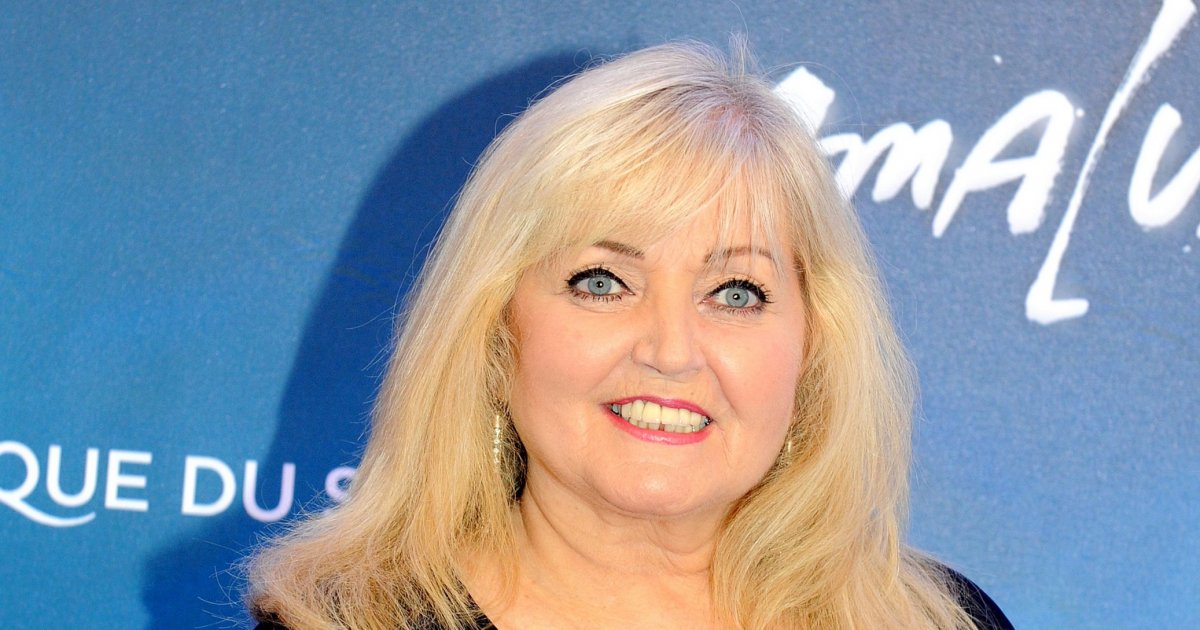Nolan Sisters Battle Cancer
- Singer Linda Nolan, 61, announced that her metastatic breast cancer has spread to her liver; Linda is the third sister in her family to get breast cancer.
- 10% of all breast cancers are hereditary, and genetic screening can help you determine if you are at risk.
- Coping with the loss of a loved to cancer can be difficult- therapy is a valuable option to help you overcome.
#NewProfilePic taken from my first date in YEARS!
Tonight on #AtHomeWithTheNolans, you'll see me on my date and I reveal my latest cancer results to my sisters Tonight at 10pm on @QuestRedtvYou can also download it and catch up on the series so far: https://t.co/mI9oOevyu0 pic.twitter.com/yuRm5Ek3Ax
Linda Nolan (@LindaNolan_) December 15, 2020
Linda, who rose to fame with sisters Maureen, Anne, Bernie, and Coleen as the band The Nolans, was first diagnosed with breast cancer in 2006. In the course of her battle, she was diagnosed with secondary cancer on her pelvis in 2017.
Two other Nolan sisters have also been diagnosed with breast cancer: Anne was first diagnosed and recovered in 2000 and then again in 2020, while Bernie was diagnosed in 2010 and sadly passed away in 2013.
Family History & Breast Cancer
Women like the Nolan sisters with a lengthy family history of breast cancer are more likely to contract the disease themselves: as many as 10% of breast cancers are hereditary. Certain gene mutations, like BRCA1 or BRCA2, can be inherited and increase your likelihood of developing breast cancer.
Knowing your family history with breast cancer is crucial to developing a plan to detect and treat the disease should it develop. To know whether your genes put you at an increased risk of breast cancer, experts recommend women go through genetic testing to detect mutations like BRCA1 or BRCA1. While genetic screening might not help people without a family history of breast cancer, it can be lifesaving for those with a history to see if they are at higher risk.
"The real question of who is going to qualify for genetic testing is, to be honest, a moving target," Dr. Ophira Ginsburg, Director of NYU Langone’s High-Risk Cancer Program, told SurvivorNet in a previous interview. "Nowadays, you can even self-refer and ask for testing. We encourage only those who have a family history to really get that kind of service if you need it."
Understanding your unique genes could help you and your doctor understand your risk for breast cancer and help inform the best screening and treatment plan for you.
Should I Get Genetic Testing to Assess My Risk for Breast Cancer?
Coping with Loss
The Nolan sisters were heartbroken to lose their sister Bernie to breast cancer in 2013. And as Anne and Linda continue to battle the same disease, Coleen has opened up about struggling with the thought of losing them, saying, “My first thought with Anne and Linda was, ‘I can’t bear losing any more sisters, I can’t bear it!'”
Losing a loved one to cancer can be devastating, and there's no one right way to heal.
Sadness Is Not Always A Bad Thing Coping After Losing A Parent To Cancer
Camila Legaspi lost her mother to breast cancer when she was in high school. Looking back, she now sees her loss as inspiration to express herself through writing.
"I learned that it's OK to be sad sometimes. It's OK to carry sadness with you … it's not always a bad thing," Legaspi told SurvivorNet. "It makes you who you are and it gives you a story to tell and it helps you teach other people to cope with their sadness."
The pain that comes from losing a parent may never fully go away, but it can be used to help others. Scandal actor Scott Foley lost his mother to ovarian cancer when he was only 15, a loss which devastated him but has given him the resilience he's needed to push on through challenging times.
"Dealing with loss at a young age, and dealing with someone who's sick all the time, that really turned me into someone who built the resilience in me that I walk with today," Foley told SurvivorNet. "I know that just by dealing with what I dealt with as a teenager…there is nothing that anybody can throw at me; bring it on, 2020."
Counseling and therapy can help those grieving a parent cope with the loss and build new attitudes that turn suffering into resilience. Losing a parent is one of the hardest things anyone can go through, so take advantage of trained mental healthcare professionals who know exactly how to help you adjust.
"Therapy Saved My Life": After Losing A Loved One, Don't Be Afraid To Ask For Help
Learn more about SurvivorNet's rigorous medical review process.


